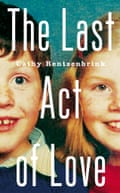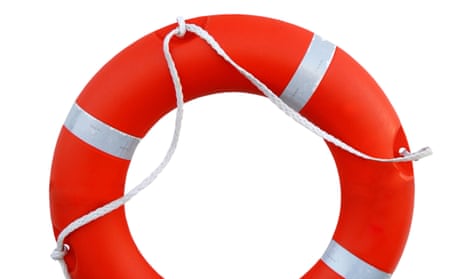I was a vociferous reader from an early age, eating my way through books and desperate for more and more; bigger ones, longer ones, books full of grown up words and grown up deeds.
From a young age I had a special dispensation brokered by my mother at both my school and public library that I could get out whatever I wanted. I think the librarians were worried about the sex. There was no Fifty Shades of Grey all those years ago but bodice rippers, as they were then known, often came with pictures of women in disarranged clothing on the front cover. I wasn’t after sexy stuff but there was nothing else for me to read. No thriving YA market back then. Nowhere age appropriate for hungry readers to go after Narnia, Louisa May Alcott’s Little Women, Anne Frank’s The Diary of a Young Girl and L M Montgomery’s Anne of Green Gables (and the rest of the series).

I often think about this when the issue of what’s appropriate subject matter for teen and YA books rears its head and I thought about it again over last weekend when people on social media were discussing how to explain the terrorist attacks to children. The consensus seemed to be that children need to be reassured and made to feel safe.
“Do they?” I thought. “Isn’t that… dishonest?”
I had a happy childhood with loving parents, which I possibly took for granted at the time. My Granddad died when I was seven-years-old, my Granny when I was 12. I was 14 when a friend – not a best friend, but a friend – was killed in a motorbike accident. I remember being at his funeral watching the tears roll down his mother’s white, wrecked face and knowing that I had never felt anything in my life that compared to her loss.
I was 17 when tragedy came for my family. My brother, Matthew, 13 months younger than me and nine inches taller, was knocked over by a car that did not stop. I knelt next to his body in the road, held his hand in the ambulance, waited as he underwent emergency brain surgery. He never recovered. He didn’t die, either, and another eight years full of ever-increasing circles of hell followed before he finally, properly left this life.
So I was 17 when I became the person with the white, wrecked face. Young? I get letters now from people who have read my book who were much younger when a cosmic hand grenade exploded into their lives.
My Dad was seven-years-old when he woke up in the bed he shared with his mother to find her cold and dead beside him. The reason why I find the conversation about appropriate subject matter for children’s books bizarre is that it seems to rest on a refusal to accept that the LIVES of children and teens are full of inappropriate subject matter.
As a parent I understand that desire to try to keep our offspring in a safe space, but it’s illusory. Life is not safe. The world is full of cruelty, both random and intentional. The world is also full of beauty and I’ve found the trick is to try to concentrate on finding the joy among the rubble, rather than sticking our fingers in our ears, singing lalala and claiming that life is undilutedly sweet.
I can’t say that reading books prepared me for what happened to my brother, because nothing could have done, but books offer other stories, take us to other places, and remind us that we are not alone, which is pretty much the only comfort in a time of extreme pain. I hope, dear reader, that tragedy has yet to take a bite from you. Whether it has or hasn’t, read as widely as you can, read whatever you want and, when times are hard, cling to your books like a life raft. Reading might be the thing that keeps you afloat.

Cathy Rentzenbrink’s book The Last Act Of Love is available from the Guardian bookshop.
